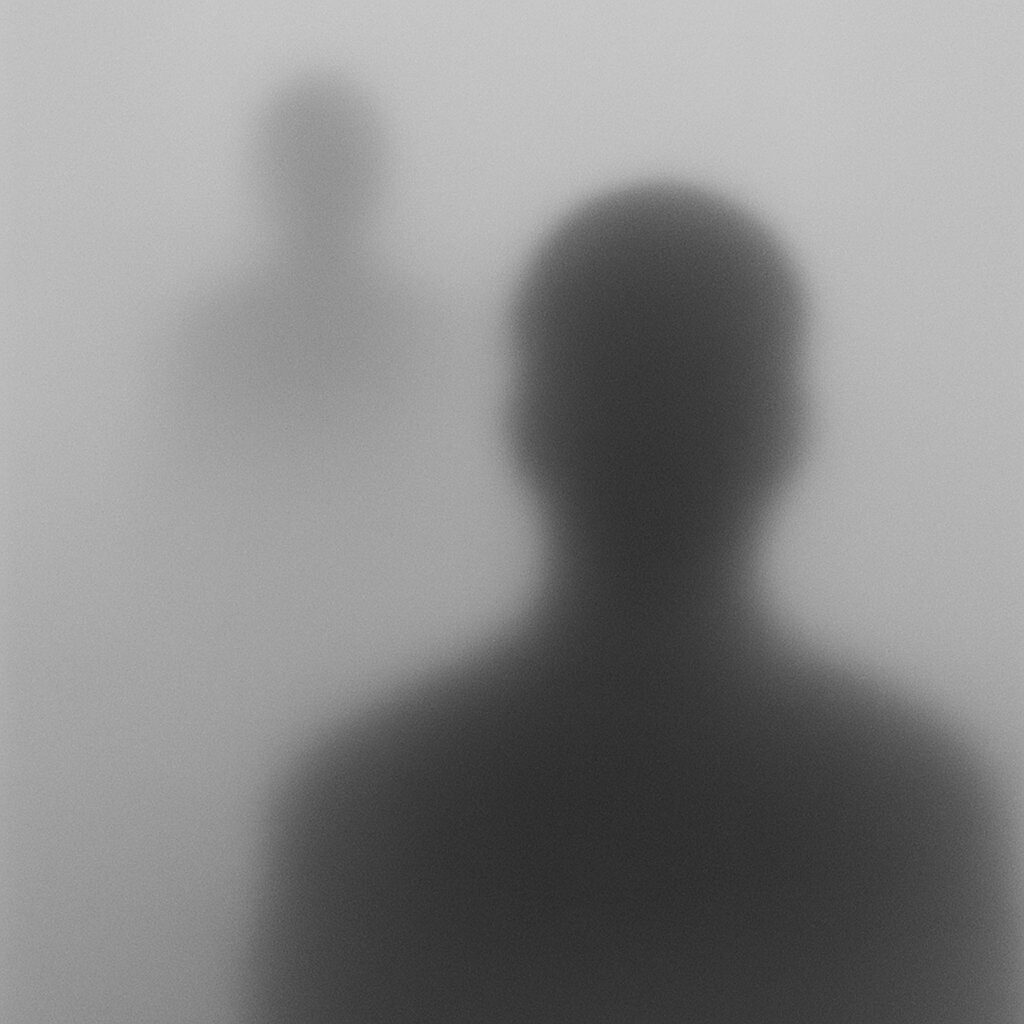Villains are interesting to me. So much so that I think I might have made one into a hero in The Silent Season. I’m not the first to do it, popular culture is full of “villain thinks they’re the hero” tropes. One could even say that a good villain is always the hero of their own story.
Son, we live in a world that has walls, and those walls have to be guarded by men with guns. Who’s gonna do it? You? […] I have a greater responsibility than you can possibly fathom. […] You have the luxury of not knowing what I know. […] My existence, while grotesque and incomprehensible to you, saves lives. You don’t want the truth because, deep down, in places you don’t talk about at parties, you want me on that wall, you need me on that wall.
We use words like “honor”, “code”, “loyalty”. We use these words as the backbone of a line spent defending something. You use them as a punchline. I have neither the time, nor the inclination to explain myself to a man who rises and sleeps under the blanket of the very freedom that I provide, and then questions the manner in which I provide it. I would rather you just said “thank you,” and went on your way.
The quote above is taken from the famous “You can’t handle the truth!” monologue, in “A Few Good Men”, delivered in scenery-chewing brilliance by the movie’s villain, Colonel Jessup, played by Jack Nicholson.
The delivery is so credible that it’s difficult to say where Nicholson’s scenery chewing ends and Jessup’s begins. Besides acting talent, part of that is our almost Pavlovian expectation that a villain will monologue, often just before a key moment, or maybe even their downfall. But a more important part is the performative nature of villainy itself.
I’ll explain.
When executed poorly, a villain monologue provokes eye-rolls in the audience or readership, but it’s a cliché for a reason. Pop-culture conditioning aside, it’s natural for a villain to monologue because a villain doesn’t want to believe they’re wrong, despite ample evidence.
A well-written villain will believe in an end, even if it’s not stated outright. Over the course of the story, they will employ increasingly horrific means towards this end, causing tension, conflict, and other plot mechanics.
But mustache-twirling doesn’t come naturally to humans. So, faced with the rising moral cost of their actions, a villain will sink deeper into justification, a coping mechanism for their growing cognitive dissonance.
So I think a lot of times we’re looking at a villain monologue cliché through the wrong lens. Maybe it’s not a plot device meant to do exposition, or give the hero time to escape. Cue the eye-roll.
Instead, it might be a character moment, their sometimes literal confession. But it’s not for the hero or for the audience, it’s for themselves. Knowing they are in the wrong, but lacking the strength to stop, they say the things they say to resolve cognitive dissonance, to convince themselves to keep going.
It can be the villain’s moment of vulnerability, their dwindling humanity laid bare for anyone who cares to see it. The tragedy is that we rarely do: we shrug or roll our eyes, waiting for the hero to intervene.
By doing that, we protect ourselves against some cognitive dissonance of our own: by refusing to humanize the villain, the hero’s actions are better justified. What could have been ambiguous becomes a clean and happy ending.
Villains are interesting because there’s a tiny villain in each of us.




